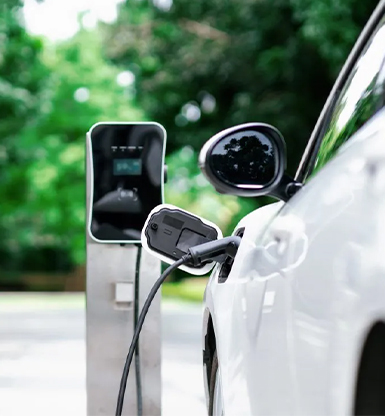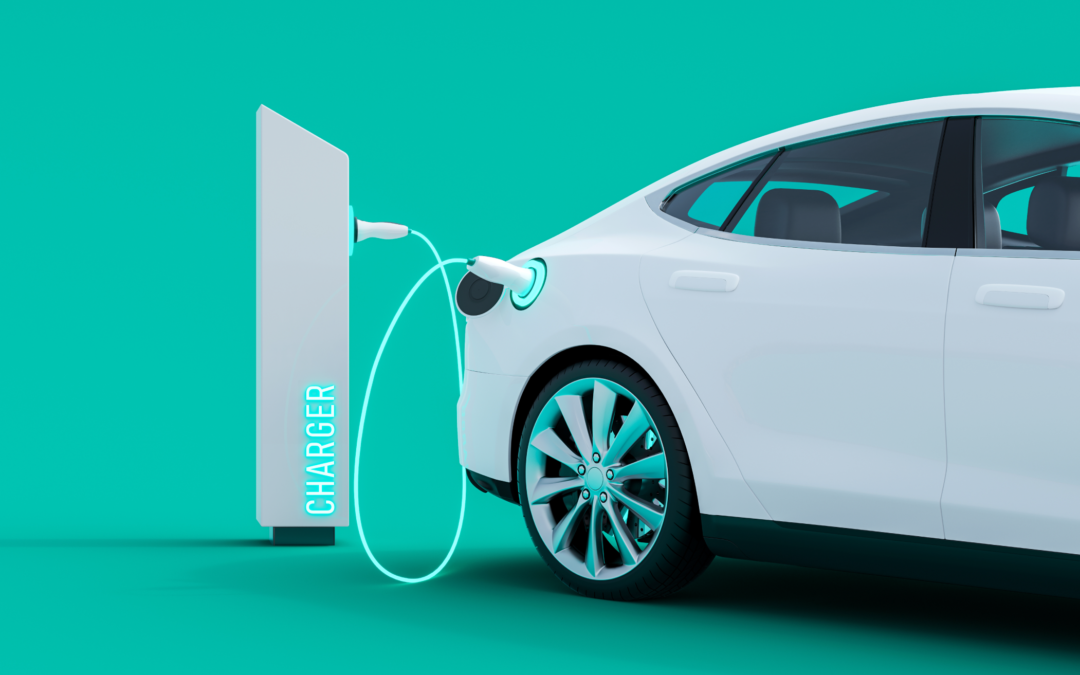Expert Opinions and Market Insights When You Buy EV Charging news
Expert Opinions and Market Insights When You Buy EV Charging news
Blog Article
Why 2024 Is a Game-Changer for EV Charging: Trends and Insights
As we come close to 2024, the electrical automobile (EV) charging landscape is established for substantial makeover, driven by the expansion of ultra-fast billing terminals and developments in smart billing innovations. This evolution is underpinned by boosting financial investments from both personal and public sectors, which promise to reduce historical concerns such as range anxiousness. The unification of eco-friendly energy sources alongside favorable federal government plans is likely to redefine the sustainability and access of EV facilities. These advancements increase vital inquiries regarding the future of EV adoption and the implications for consumers and sectors alike.

Growth of Ultra-Fast Charging Stations
How swiftly are ultra-fast charging terminals transforming the electric car landscape? The expansion of ultra-fast billing terminals is a pivotal advancement in the EV field, considerably boosting the convenience and usefulness of electrical vehicle ownership. These stations, efficient in delivering billing accelerate to 350 kW, can charge an EV's battery to approximately 80% in as little as 15-30 mins, successfully reducing variety anxiousness among customers.
The development of ultra-fast charging infrastructure is being driven by both public and personal investments, showing a calculated change towards sustainable transportation options. Major automobile producers and energy firms are collaborating to set up these terminals along major freeways and metropolitan facilities, developing an extensive network that supports long-distance travel and everyday use.
In addition, improvements in battery innovation are complementing this development, enabling lorries to make the most of the boosted charging rates. As the number of ultra-fast billing stations continues to rise, they are expected to play an important duty in increasing EV adoption, promoting a shift towards a cleaner and more sustainable future. This expansion not just enhances customer experience yet also solidifies the stability of electric lorries as a mainstream transportation alternative.
Breakthroughs in Smart Charging Technology
With the increasing assimilation of digital technology in the electrical automobile field, advancements in wise billing modern technology are substantially improving the efficiency and convenience of EV billing. Smart billing systems take advantage of connection and data analytics to enhance the billing procedure, enabling users to charge their vehicles when electricity prices are least expensive and demand on the grid is very little.

Interoperability is another important innovation, as brand-new requirements and procedures permit different EV designs and charging stations to interact perfectly. This boosts customer experience by giving extra easily accessible charging choices throughout various networks. Eventually, the advancement of clever charging technology represents a considerable action towards a much more lasting and straightforward EV ecosystem, paving the way for broader fostering and integration right into everyday life.
Integration of Renewable Resource Resources
The assimilation of renewable resource resources right into EV charging facilities is coming to be significantly important as the demand for sustainable options grows. This pattern not only helps decrease the carbon footprint related to electric automobile billing yet likewise enhances grid strength by advertising decentralized power production.
Solar and wind power are at the forefront of this assimilation, with many billing stations currently being or integrating solar panels developed in closeness to wind farms. These sustainable resources can generate tidy electrical energy, providing a sustainable energy supply for EVs. Moreover, advancements in energy storage space modern technologies, such as batteries, promote the efficient storage space of excess energy created during optimal manufacturing hours, ensuring that billing stations can run effectively even when renewable generation is low.

Development of Billing Facilities
As electric lorry (EV) adoption accelerates, the growth of charging framework has ended up being a vital focus for stakeholders across the auto and power industries - EV Charging news. The need for a obtainable and durable billing network is vital to sustain the growing number of EVs on the road and to alleviate variety anxiousness among consumers
In 2024, we are seeing considerable investments from both exclusive business and public entities intended at enhancing the charging landscape. This consists of the installment of fast-charging stations along highways and in urban facilities, which can recharge EVs in a portion of the moment contrasted to traditional chargers. Additionally, partnerships in between car manufacturers and power providers are helping with the deployment of ingenious charging remedies to meet diverse consumer demands.
Furthermore, advancements in innovation are resulting in smarter billing systems that maximize power circulation and lower costs. The integration of these systems is crucial for fitting the expected rise in need as more customers transition to electric movement. The development of charging infrastructure not just sustains the EV market but likewise plays an essential duty in visit the site attaining wider sustainability goals, making it a crucial element in the advancement of transport.
Government Plans and Rewards
Government plans and motivations are progressively forming the landscape of electrical vehicle (EV) adoption and billing framework growth. Governments worldwide are identifying the urgent requirement to shift to cleaner transportation alternatives, causing the application of numerous campaigns intended at speeding up EV adoption. These policies typically include tax credits, refunds, and gives for consumers and businesses that invest in electrical vehicles and charging stations.
Along his response with direct financial incentives, numerous federal governments are establishing ambitious targets for EV sales and mandating the setup of charging framework in new advancements. For example, a number of nations have actually devoted to terminating interior combustion engine cars within the following years, creating a sense of necessity that drives both customers and makers toward electric choices.
Furthermore, public-private partnerships are emerging as a crucial element of these initiatives, facilitating investment accountable networks and guaranteeing extensive access. By aligning regulative frameworks with financial incentives, federal governments are not only fostering a favorable environment for EV adoption but additionally resolving worries associated with vary anxiety and charging schedule. This robust plan landscape is established to make 2024 an essential year in the change to electric movement.
Conclusion
The year 2024 is readied to transform the electric automobile billing landscape with the spreading of ultra-fast billing terminals, developments in wise charging modern technologies, and the integration of sustainable energy sources. The expansion of billing facilities, reinforced by supportive government policies and incentives, will deal with variety anxiety and improve the charm of electrical vehicle ownership. Collectively, these advancements will foster a lasting sites and accessible setting for electric vehicle adoption, ensuring a robust future for the sector.
As we approach 2024, the electric lorry (EV) charging landscape is established for considerable transformation, driven by the expansion of ultra-fast billing stations and developments in clever billing innovations. The spreading of ultra-fast charging stations is an essential development in the EV industry, significantly enhancing the convenience and expediency of electric automobile ownership. Wise charging innovations promote remote surveillance and monitoring, enabling users to arrange charging sessions via mobile applications.
Government policies and rewards are increasingly forming the landscape of electric vehicle (EV) adoption and charging framework advancement.The year 2024 is established to change the electric lorry charging landscape through the expansion of ultra-fast charging stations, advancements in clever charging innovations, and the integration of renewable energy resources.
Report this page